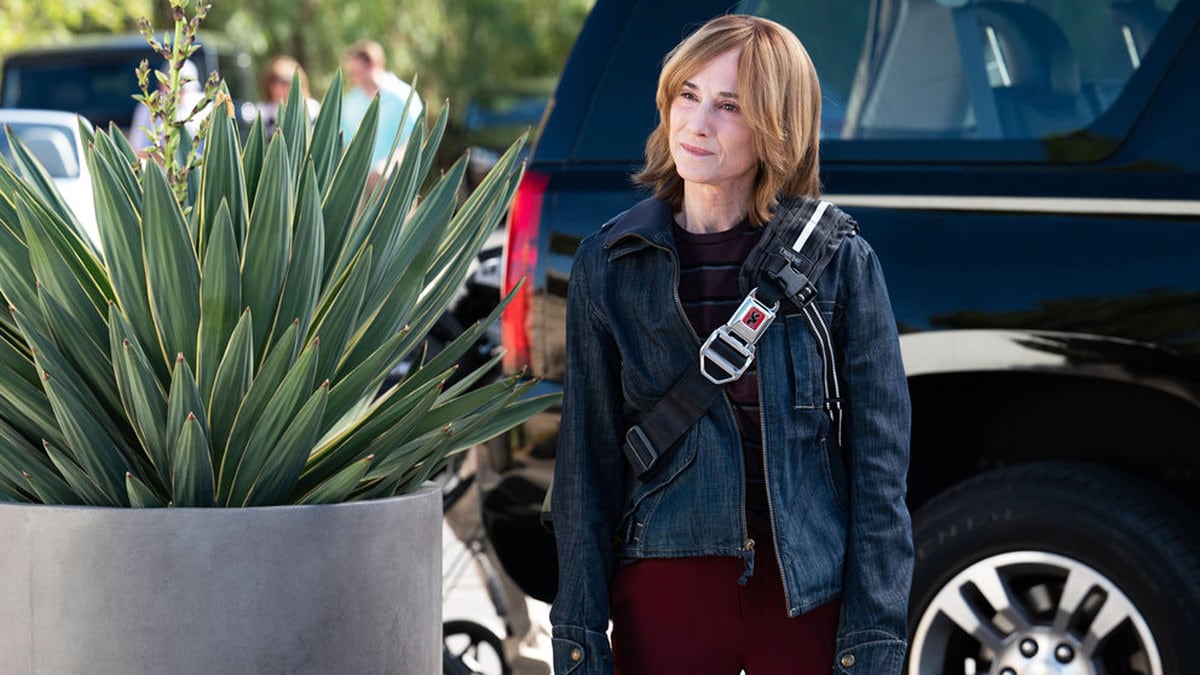Holly Hunter Is Giving One of TV’s Funniest Performances in ‘Mr. Mayor’
HAVE SOME RESPECT
The Oscar-winner is starring in a Tina Fey sitcom on NBC and giving the comedic performance of her career. How is Hunter’s work on “Mr. Mayor” not everyone’s TV obsession?






